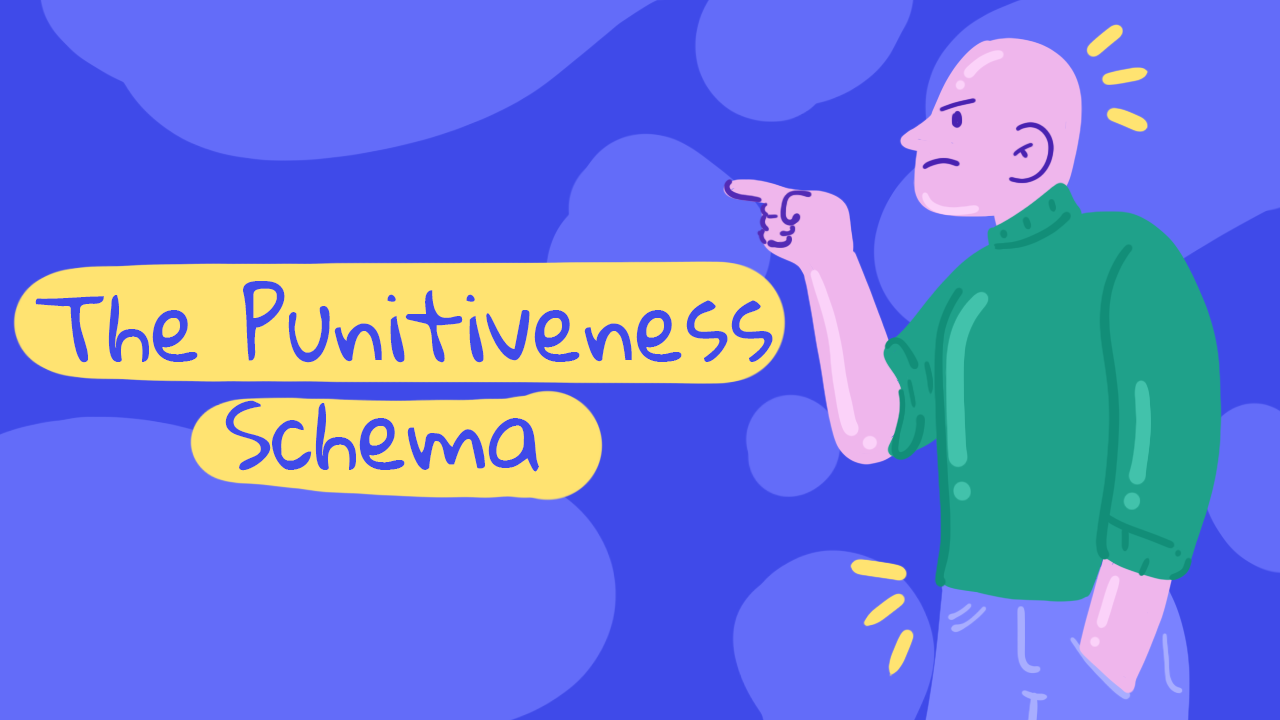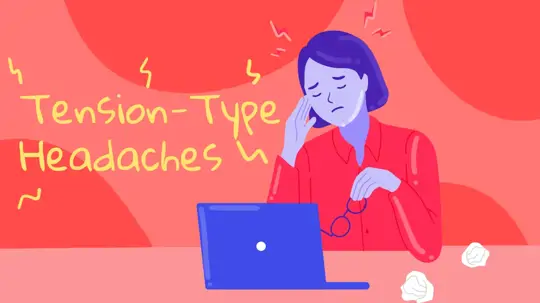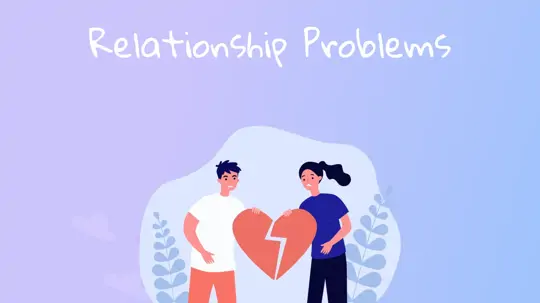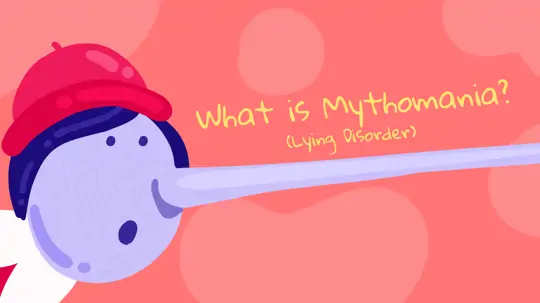
Start feeling better today!
Connect with your therapist today and take control of your life like our 850.000 happy clients.
Get StartedWhat Exactly is a Schema?
Everything we see and learn is programmed into our brain to make sense of and categorize. It is constantly looking for patterns in order to find answers. Schemas are patterns that begin in our childhood and appear repetitively throughout our lives. In fact, the results our brain discovers can be thought of as the missing piece of a puzzle.
Our family is the foundation, because our schemas frequently evolve to align with our family. Our peers, teachers, and bosses then follow in this order. Schema therapy includes five schema domains and 18 schemas.
The presence of the schema indicates that we were harmed in some way as children and that we will be drawn to events and people who will harm us later in life. But can't we change the schemas that are harming us?
Schemas are difficult to give up because, no matter how painful, we crave the familiar. As a result, the first step is to recognize our schemas and their long-term negative effects on us. The punitiveness schema will be explained in depth in this article and can be used as a guide.
What are Schema Domains?
To comprehend schemas, we must first become acquainted with schema domains. Every child has fundamental needs that must be met. Schemas develop as a result of unmet or overfilled needs in childhood. Disappointment begins when these needs are not met. Schema domains are clusters formed by frustration.
- Disconnection and Rejection
- Impaired Autonomy
- Impaired Limits
- Other Directedness
- Overvigilance and Inhibition
The punitiveness schema belongs to the "Overvigilance and Inhibition" domain. The suppression of one's emotions and the need for constant self-control are the most basic characteristics of this schema domain. People who have this schema have most likely grown up in an oppressive and strict family. They were punished for expressing their emotions.
What is the Punitiveness Schema?
People who have the punitiveness schema believe that they, as well as the other person, should be punished for a mistake. Schemas are not always active. First, there must be a situation or event that sets off the schemas.
When people with a punitiveness schema encounter a situation or event that does not meet their standards, wishes, rules, or expectations, they are triggered. They become more aggressive, intolerant, cruel, and punitive toward themselves and others. They refuse to acknowledge that people can be flawed. They struggle to empathize, assess the mitigating factors behind a mistake, and forgive.
If any of the following sentences sound familiar to you, whether from yourself or someone close to you, the punitiveness schema is present in your life.
- “They shouldn't have done it.”
- “They should have been more careful.”
- “It serves them right.”
- “They deserve it.”
- “Well, it was obvious that this was going to happen.”
- “She shouldn't have done that to me.”
- “Of course that's what would happen if they did that.”
This schema is also characterized by being silent, acting angrily, depriving oneself of the other person, and having an accusatory attitude. Self-punitiveness includes hurting oneself, not meeting basic needs like eating or sleeping, and not doing things that will help them, like getting together with friends.

Origin of the Punitiveness Schema
When the origins of this schema were investigated, it was discovered that one or both parents had a high likelihood of having this schema. Furthermore, studies show that children who grow up with perfectionist, overly critical parents and are exposed to verbal or physical violence are more vulnerable to this schema.
Children who grew up with black or white thinking parents are thought to be more likely to have a punitiveness schema. There are no gray areas for parents who think in this way. Their concepts of right and wrong are quite rigid, with no room for interpretation. Children who grow up hearing phrases like "You should act this way! Don't do that! This is wrong! What you're doing is wrong," don't have space to make mistakes. Making errors becomes a luxury. Punitiveness becomes normalized in the world of a child who grows up in this manner, and punitiveness becomes that child's own truth.
Dysfunctional Ways of Coping with the Punitiveness Schema
This schema is an evolutionary response to being altruistic, just, and considerate of others. In the face of the mistake, the person begins to use a significant amount of physical energy, and the punishment with anger follows immediately. A mistake is a sudden departure from a routine.
As a result, they interpret this as a threat to their lives, and they are deeply hurt. They then exhibit some dysfunctional coping reactions. Some people may believe they can't deal with the threat of an existing mistake, so they give up and get depressed.
Some people become enraged and punish themselves or others. Others keep themselves under control by not allowing spontaneity in their lives; they behave as they please, leaving no room for mistakes. Anxiety can also arise during this process.
The Relationship between Punitiveness Schema and Stress
Individuals with this schema have experienced high levels of anxiety, anger, and shame for a long time. High and intense emotions constantly activate the stress response.
This means that the stress-regulating hormone cortisol is constantly active. People who follow the punitiveness schema have an increased risk of diseases such as heart disease, high blood pressure, digestive issues, and autoimmune diseases.
Punitiveness Schema and Relationships
Punitiveness schemas can also cause problems in interpersonal relationships. These people are judgmental and critical in their relationships because they do not accept that human nature includes flaws and mistakes and have a constant internal critic.

Focusing on their own or others' flaws prevents them from living in the moment, having fun, relaxing, or feeling alive. When their relationship suffers as a result of this situation, they may feel lonely, abandoned, and disconnected.
Improving the Punitiveness Schema
It is necessary to gather information about whether you have this schema in the first place in order to improve it. At this point, the book "Rediscover Life" is a valuable resource. However, only 11 of the schemas are thoroughly described in this book. It is critical at this point to seek the assistance of a mental health professional.
In detail, people who follow this schema first punish themselves and then become intolerant of others' mistakes. This is because when they are triggered, they feel deprived, worthless, and insecure at first, before becoming angry with the other party. They punish both themselves and the other person in this way.
The most severe punishment is the one they inflict on themselves. As a result, it is critical to conduct a profit-loss analysis in order to improve the schema and recognize that it is not good in the short or long term.
Furthermore, when people with this schema are confronted with an event or situation that triggers them, looking for mitigating factors in the background allows them to reframe the situation. For example, instead of focusing on someone who is overtaking incorrectly, consider that this person may have a patient waiting for them.
Finally, when the punitiveness schema is used in the psychotherapy process, it is intended to meet the clients' needs in healthy ways while also strengthening healthy adult modes that are more constructive and avoid excessive criticism. Furthermore, self-compassion studies are critical in psychotherapy because self-compassion has no place in the punitiveness schema.
Sources
- Young, J. E., & Klosko, J. S. (2016). Rediscover Life. Istanbul: Psychonet Publications.
- Roediger, E. (2020). Schema Therapy for Life Traps. Istanbul: Psychonet Publications
- https://www.psikonet.com/sema-ne-demektir_nedir-156.html
- https://www.youtube.com/watch?v=iLhkLFk-Oq0&t=253s
- https://www.schematherapyonline.com/punitiveness/
- https://dergipark.org.tr/tr/download/article-file/739945
- http://schematherapycollective.com/schema-therapy/show-no-mercy-the-punitiveness-schema/





